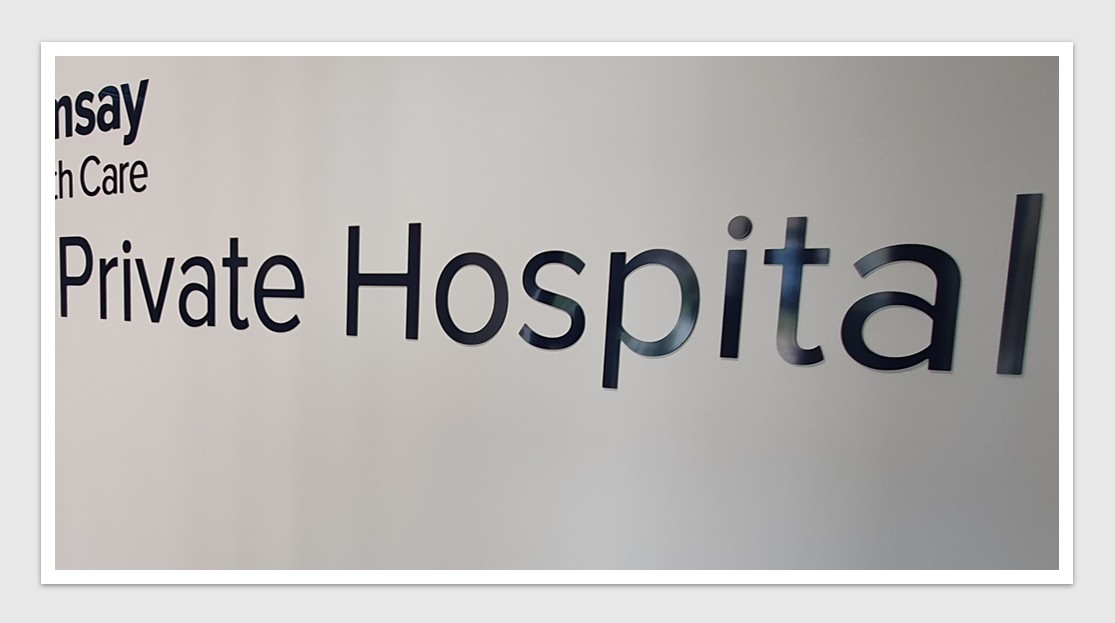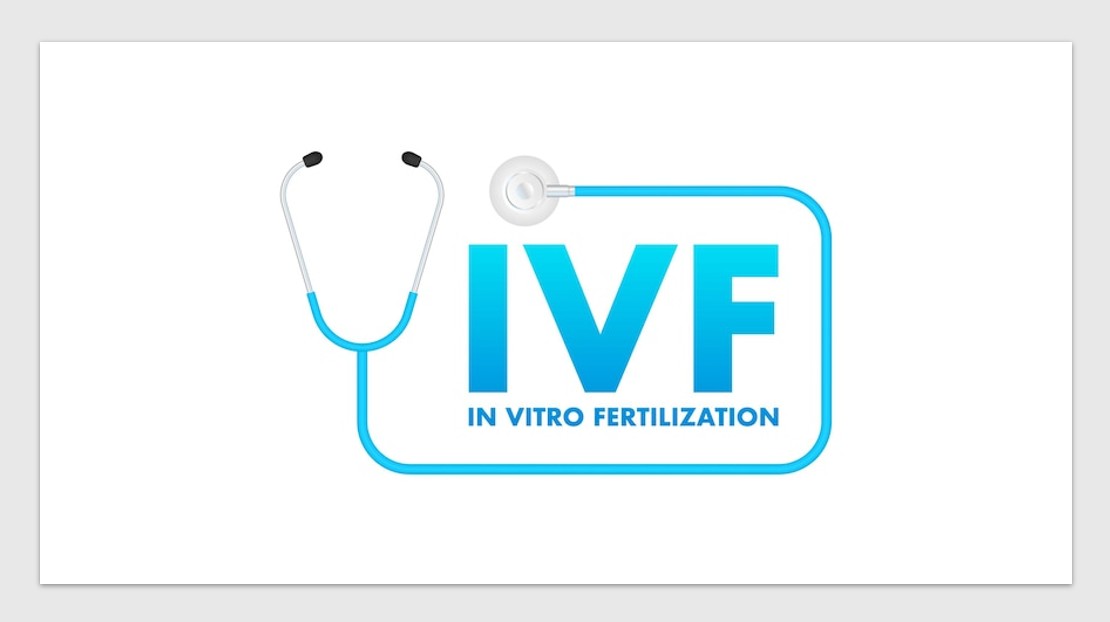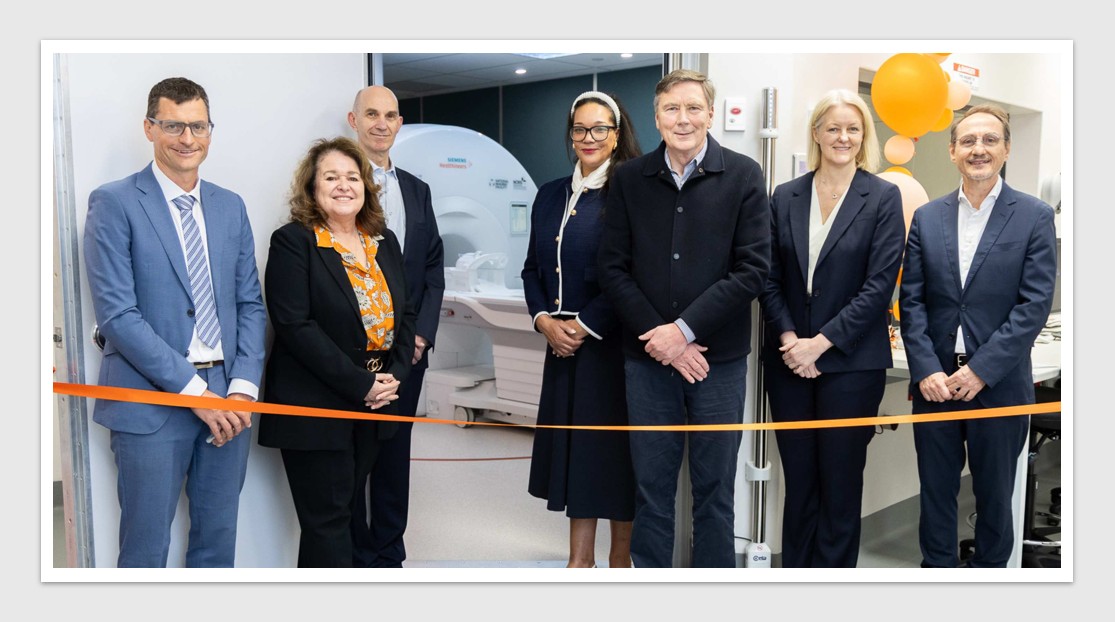News - MedTech & Diagnostics
Government’s premium surgery risks leaving patients with the bill

The federal government is reshaping how private health insurance premiums are determined, a move designed to give private hospitals greater sway in the process. While the aim is to prevent health insurers from underestimating escalating operating costs, the shift could ultimately mean higher premiums for the 15 million Australians with private health cover.
Under the changes, private hospitals will be required to provide quarterly financial data. Yet, with many hospitals having resisted previous requests, doubts remain over whether the government can secure accurate and comprehensive information. Health insurers argue they are already injecting hundreds of millions of dollars to support struggling hospitals, while hospitals and doctors insist financial pressures are being downplayed as wages and fees continue to climb.
Currently, insurers submit their own modelling, based on member usage and cost projections, to justify proposed premium increases. This approach has long been criticised for failing to reflect hospitals’ actual costs, particularly wage growth. For the first time since 1997, hospital financial data, including revenue and profit figures, will now form part of the government’s annual premium review, beginning this month.
The reform is expected to deliver greater transparency, though participation remains uncertain. Last year, fewer than 40% of private hospitals complied with a government request for financial details. Hospital executives warn that limited cooperation risks skewing the data, leaving policymakers reliant on incomplete or flawed information. Despite this, the government maintains that quarterly reviews of detailed hospital accounts will provide a more accurate picture of operating conditions.
Federal Health Minister Mark Butler faces mounting pressure as the annual private health premium-setting process becomes a political flashpoint. Hospitals are demanding sustainable funding, insurers are lobbying for moderation, and households – already under cost-of-living strain – are pushing back against premium hikes. Premiums rose sharply this year, and another contentious round looms.
Health insurers say they have already delivered an additional $250 million to keep hospitals afloat, but private hospitals insist more support is essential to cover rising staff wages. Adding to the uncertainty, the Fair Work Commission will rule in October on wage increases of up to 35% for private sector nurses, a decision that would almost certainly flow through to the next round of premiums.
Amid the tension, a longer-term structural solution is being debated. Catholic Health Australia has proposed a National Private Price (NPP), a highly contentious fixed-price model mirroring the public hospital system. By standardising payments, the NPP could replace the current maze of negotiations between hospitals and insurers. However, the sector remains divided on whether such centralisation would strengthen or weaken private healthcare over time.
![]() In reimagining healthcare across the entire patient journey, Health Industry HubTM is the only one-stop-hub uniting the diversity of the Pharma, MedTech, Diagnostics & Biotech sectors to inspire meaningful change.
In reimagining healthcare across the entire patient journey, Health Industry HubTM is the only one-stop-hub uniting the diversity of the Pharma, MedTech, Diagnostics & Biotech sectors to inspire meaningful change.
The Health Industry HubTM content is copyright protected. Access is available under individual user licenses. Please click here to subscribe and visit T&Cs here.
News - Pharmaceuticals

IVF sector faces new era of oversight
Australia’s fertility sector faces a regulatory shake-up, as Health Ministers handed down the future of assisted reproductive technologies (ART) oversight […]
MoreNews - MedTech & Diagnostics

Government’s premium surgery risks leaving patients with the bill
The federal government is reshaping how private health insurance premiums are determined, a move designed to give private hospitals greater […]
MoreNews - MedTech & Diagnostics

Public and private hospital funding dominate Health Ministers’ agenda
Health Ministers convened on 12 September to address health system reform priorities, including the National Health Reform Agreement (NHRA), the […]
MoreNews - MedTech & Diagnostics

Siemens unveils ‘most powerful scanner’ with new partnership
A multi-million partnership with Siemens Healthineers has established New South Wales’ most advanced magnetic resonance imaging (MRI) scanner. Through a […]
More